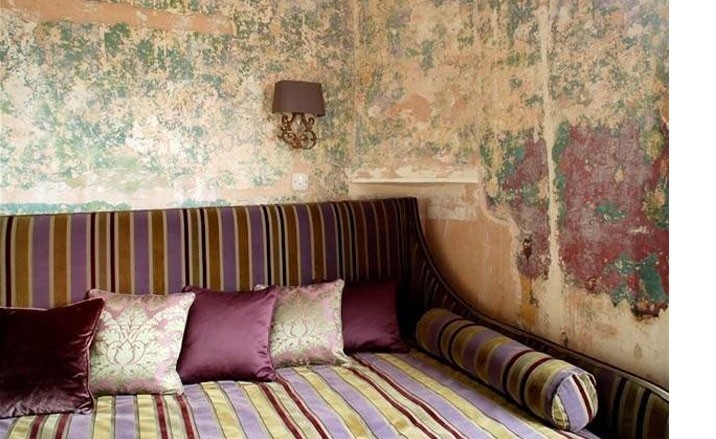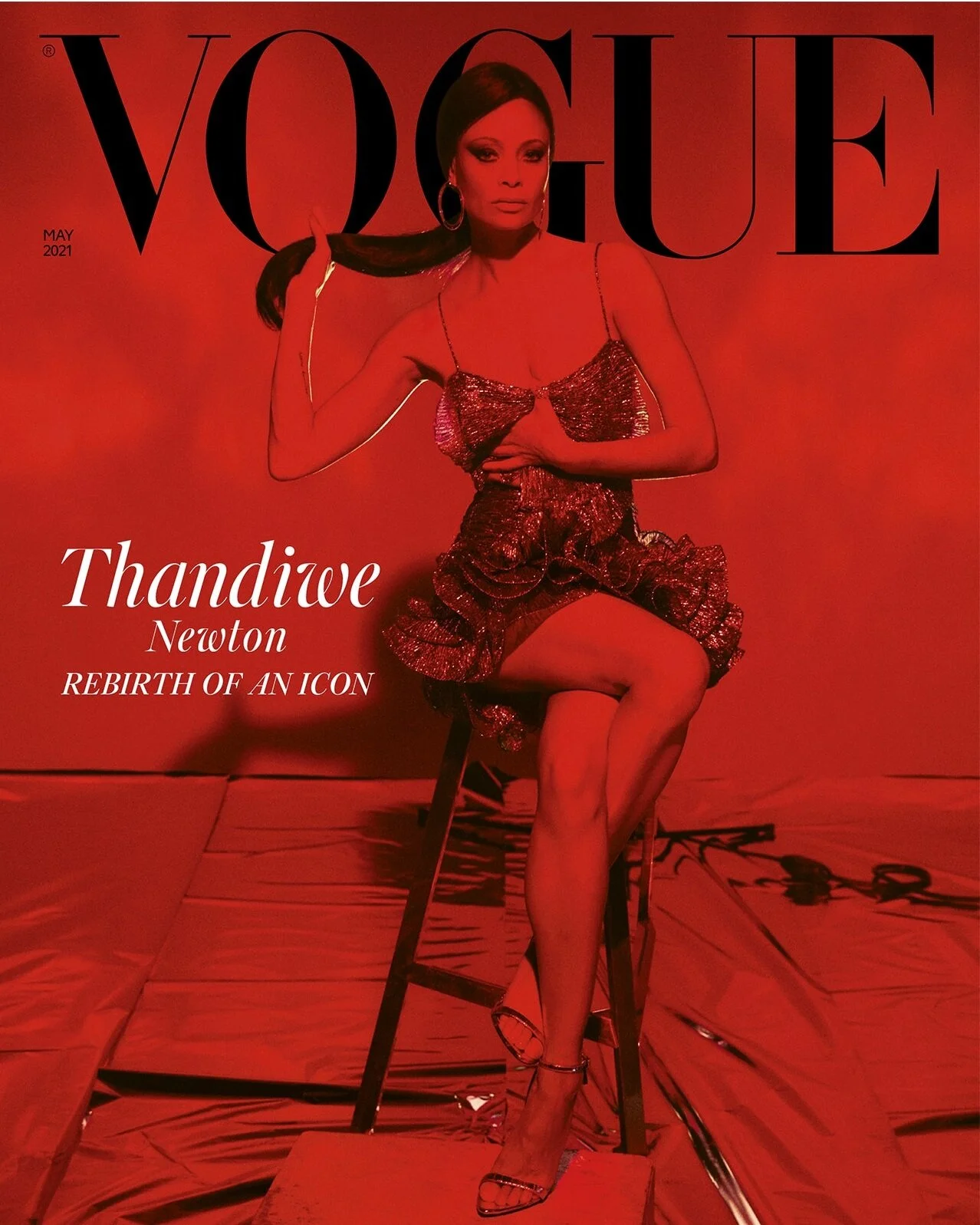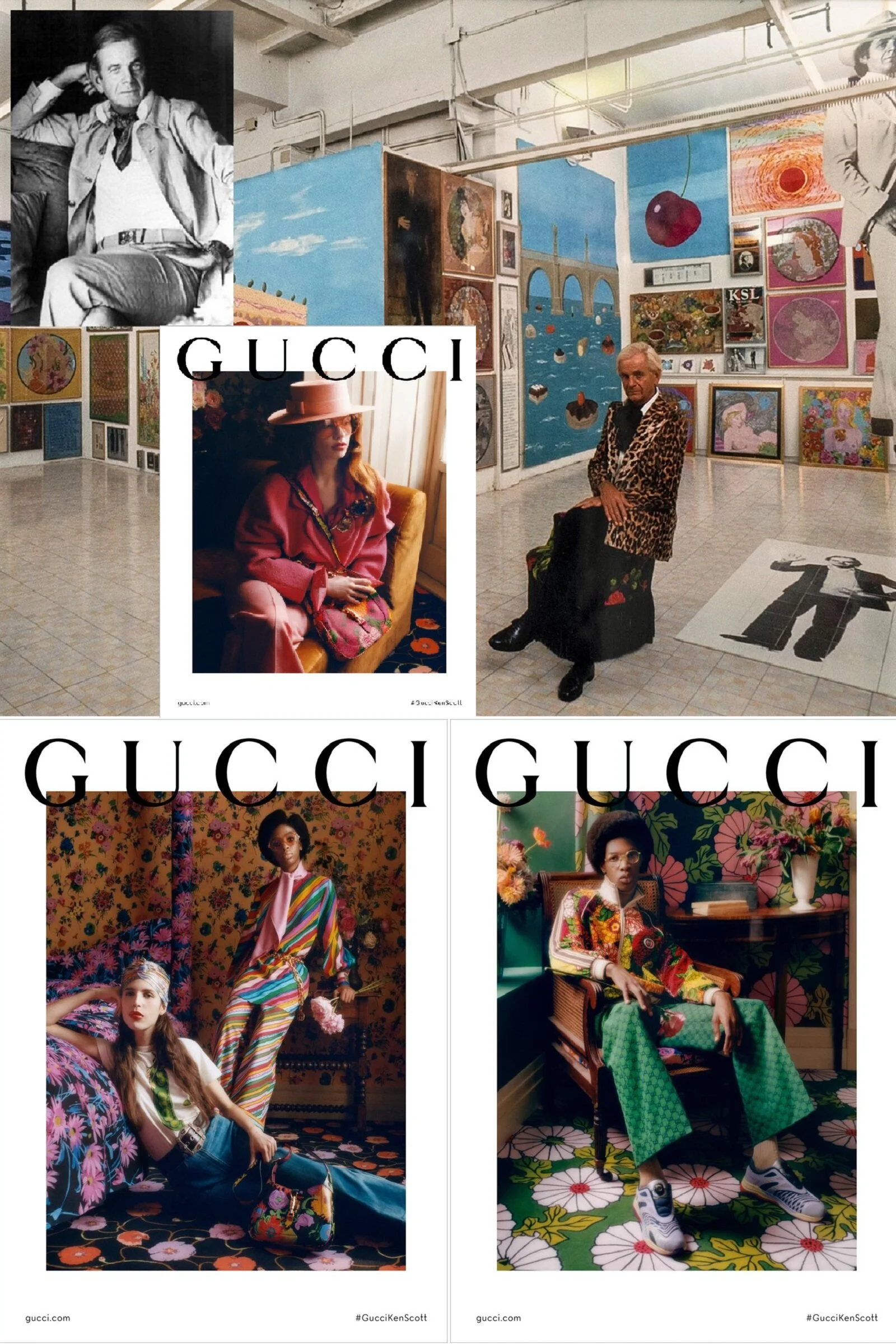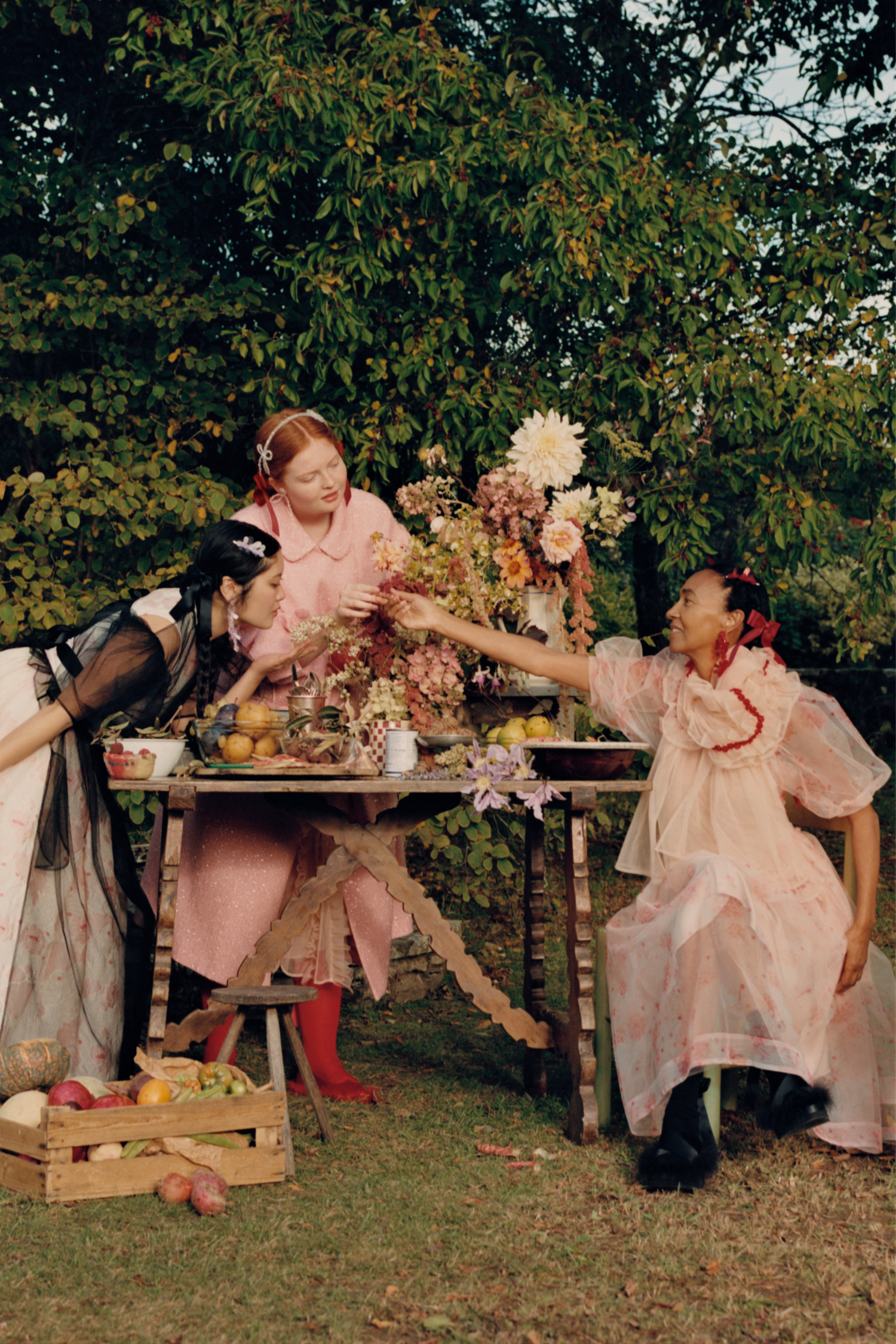http://bit.ly/lXHoR
A design trend called “rough luxe” isn’t only for trust fund kids, whose inheritance went bust. Between you and me, the really rich didn’t get hit so hard in the economic meltdown. According to Forbes, the world’s billionaires lost 23% of their wealth, but the stock market has moved upwards since then.
“Rough Luxe” appeals directly to members of the “Slow Living” movement.
 London’s Rough Luxe HotelFor every person who wants to throttle me for taking a concept inspired by stepping back from materialism and the pursuit of shiny new things, and making it commercial — I am only reporting here. Feel free to comment.
London’s Rough Luxe HotelFor every person who wants to throttle me for taking a concept inspired by stepping back from materialism and the pursuit of shiny new things, and making it commercial — I am only reporting here. Feel free to comment.
There’s no doubt that our growing passion for simpler, and hopefully cheaper, living manifests itself in a delight for farm-to-table eating — even in our own kitchens — and craftsmanship with a history. Even if we don’t know who made our new kitchen table, we’d like to believe that we could trace its roots, if so inspired.
Especially among Americans, people seek to restore an American patina lost to strip malls and cheap imports that fall apart (which is not to suggest that American-built cars haven’t been known to follow suit). In particular, I’ve had a problem with imported lamps, even those from Restoration Hardware.
Unfortunately, even the Slow Living movement, frequently made up of Cultural Creatives who care deeply about environmental issues, must deal with scoundrels like the folks at the Forest Stewardship Council, who give bogus assurances that governments and companies are buying sustainable woods for their products.
Our desire to authenticate and connect assumes that honest people are working with us at the production end of our quest. Unfortunately, human greed gets in the way, which is why many members of the Slow Living movement want us to stop buying much of anything.
 London’s Rough Luxe Hotel is a place for dialogue as well as sleeping.We can recycle, fix-up, and rehabilitate instead. Agreed. But for those who don’t have the time or inclination, “living new” these days often feels like a trip into the past, but with new, modern and hopefully earth-friendly technologies.
London’s Rough Luxe Hotel is a place for dialogue as well as sleeping.We can recycle, fix-up, and rehabilitate instead. Agreed. But for those who don’t have the time or inclination, “living new” these days often feels like a trip into the past, but with new, modern and hopefully earth-friendly technologies.
I simply adore a few lines in WSJ Magazine’s article Rough Luxe: Homes and Interiors.
Old things are used in their capacity to disrupt the smugness of the new, while new things pierce the weighty messages of the old.
 photo via Gracious Style websiteKeller’s father eventually came to live with him, next door Keller’s The French Laundry restaurant and life was sweet, until a terrible car accident left the senior Keller a quadriplegic.
photo via Gracious Style websiteKeller’s father eventually came to live with him, next door Keller’s The French Laundry restaurant and life was sweet, until a terrible car accident left the senior Keller a quadriplegic. HOME BASE The chef Thomas Keller in his kitchen in Yountville, Calif. Photo Jim Wilson, NYTimesAs Keller became a more patient leader of his multi-million dollar restaurant industry, he acknowledged the importance of relationships, deciding to marry Cunningham.
HOME BASE The chef Thomas Keller in his kitchen in Yountville, Calif. Photo Jim Wilson, NYTimesAs Keller became a more patient leader of his multi-million dollar restaurant industry, he acknowledged the importance of relationships, deciding to marry Cunningham.































